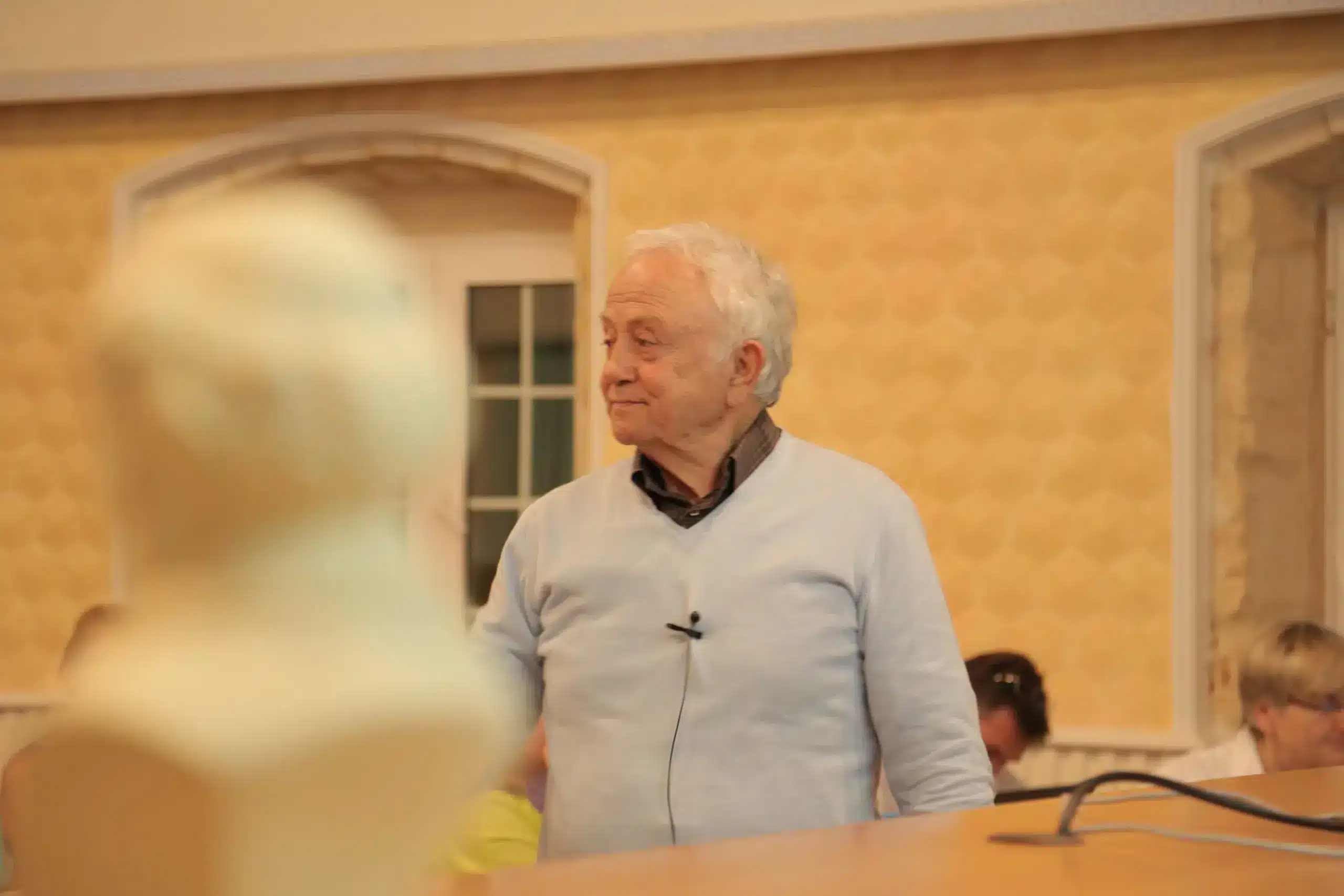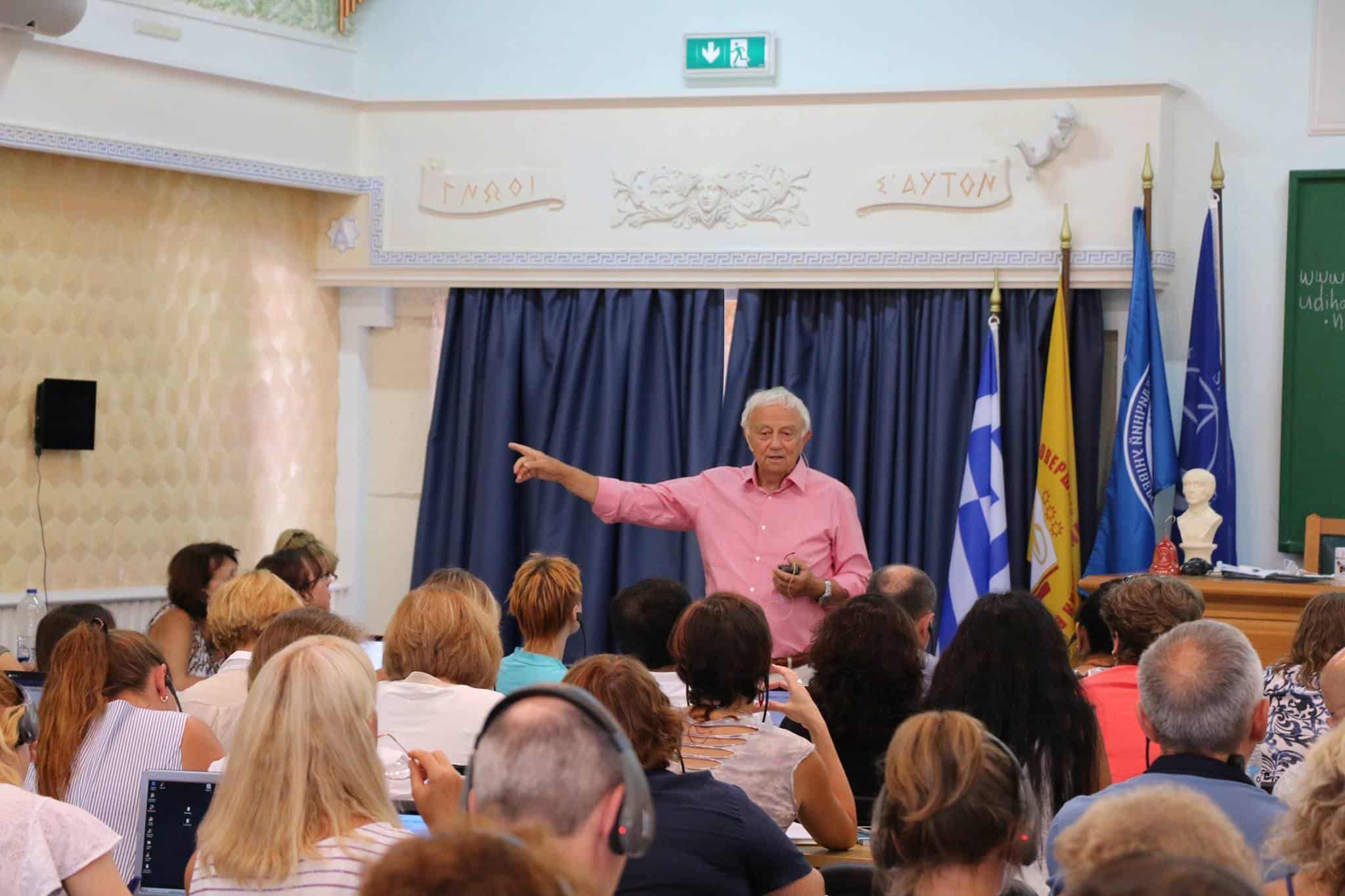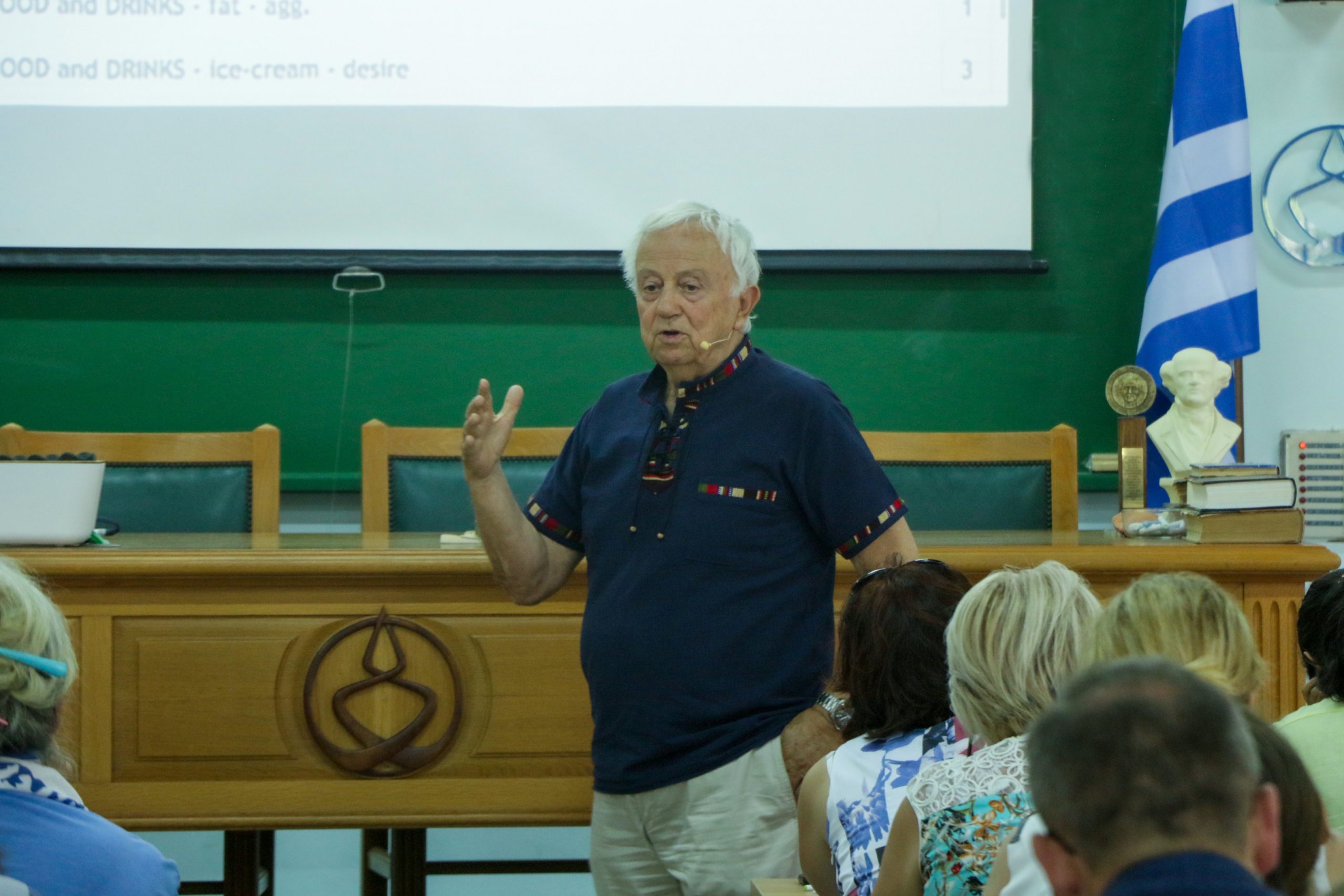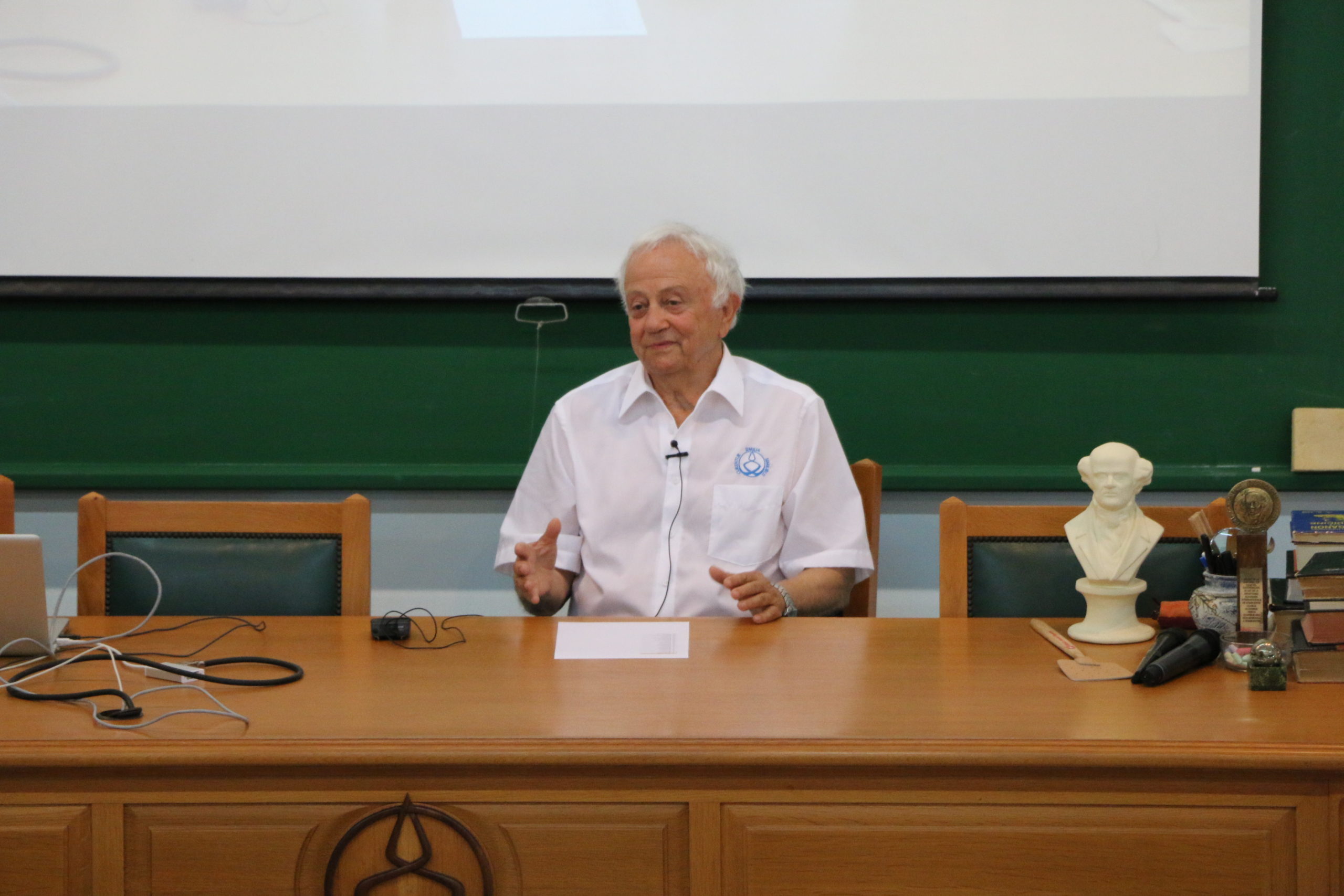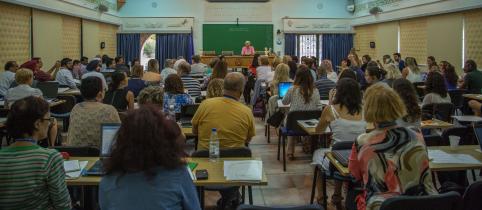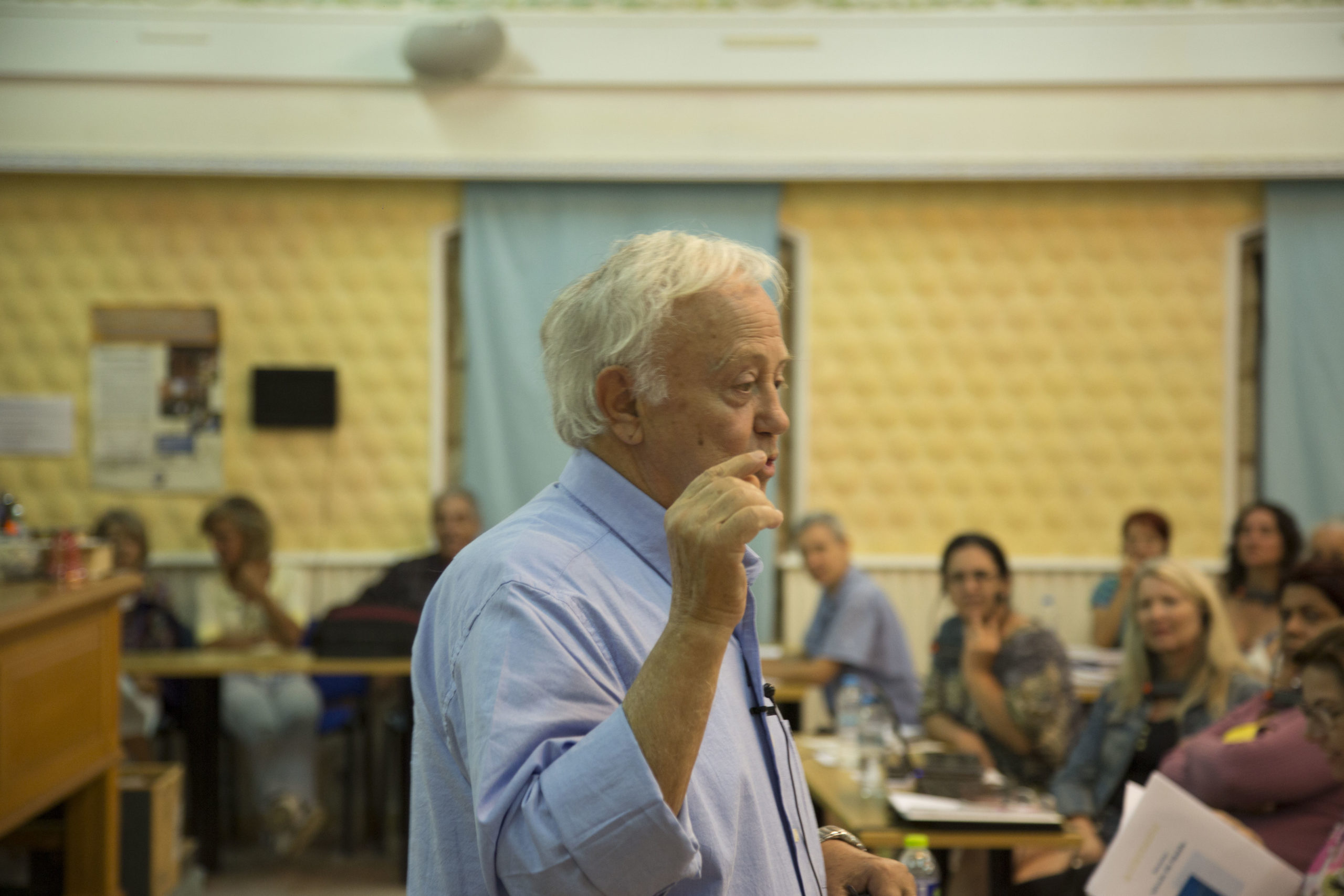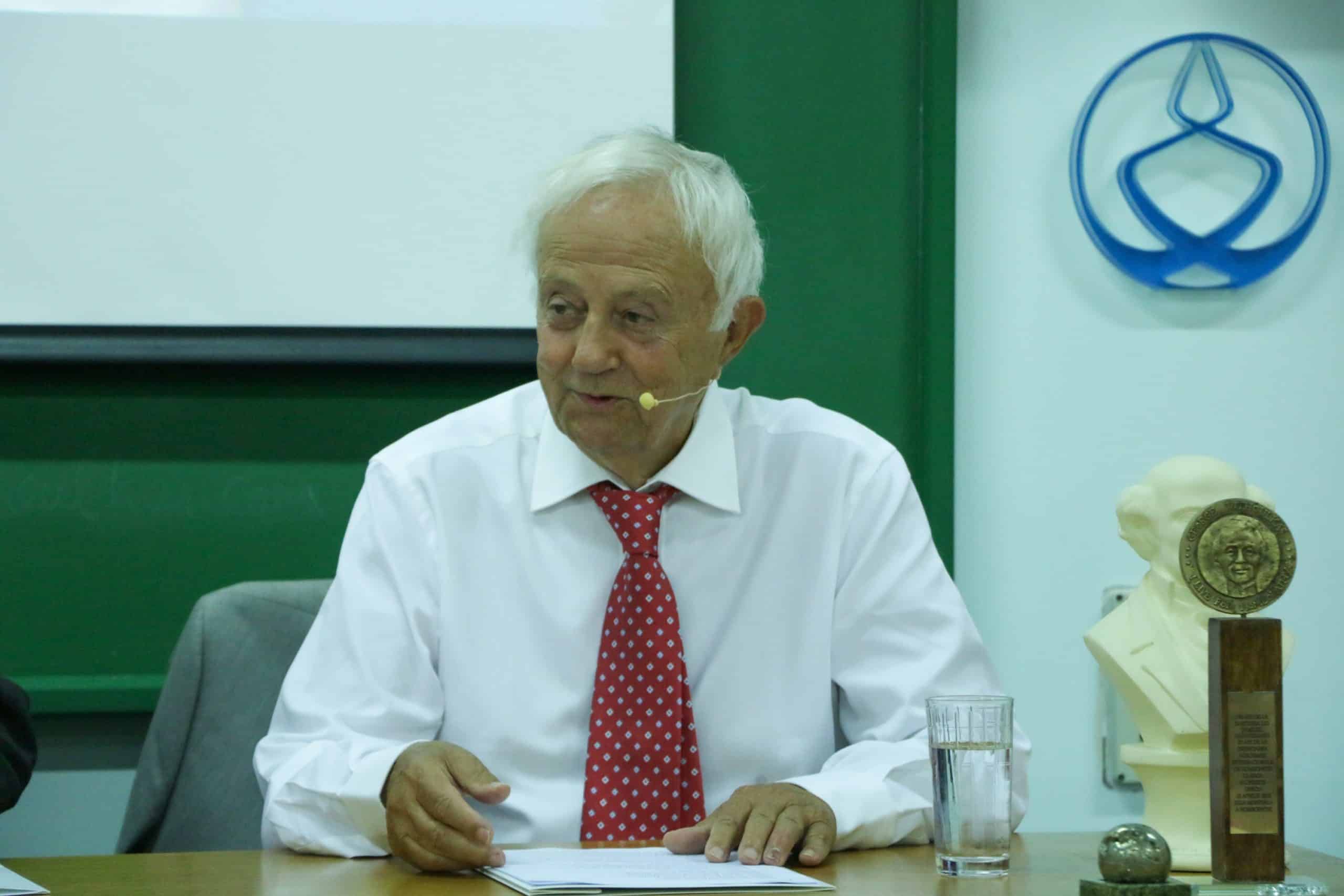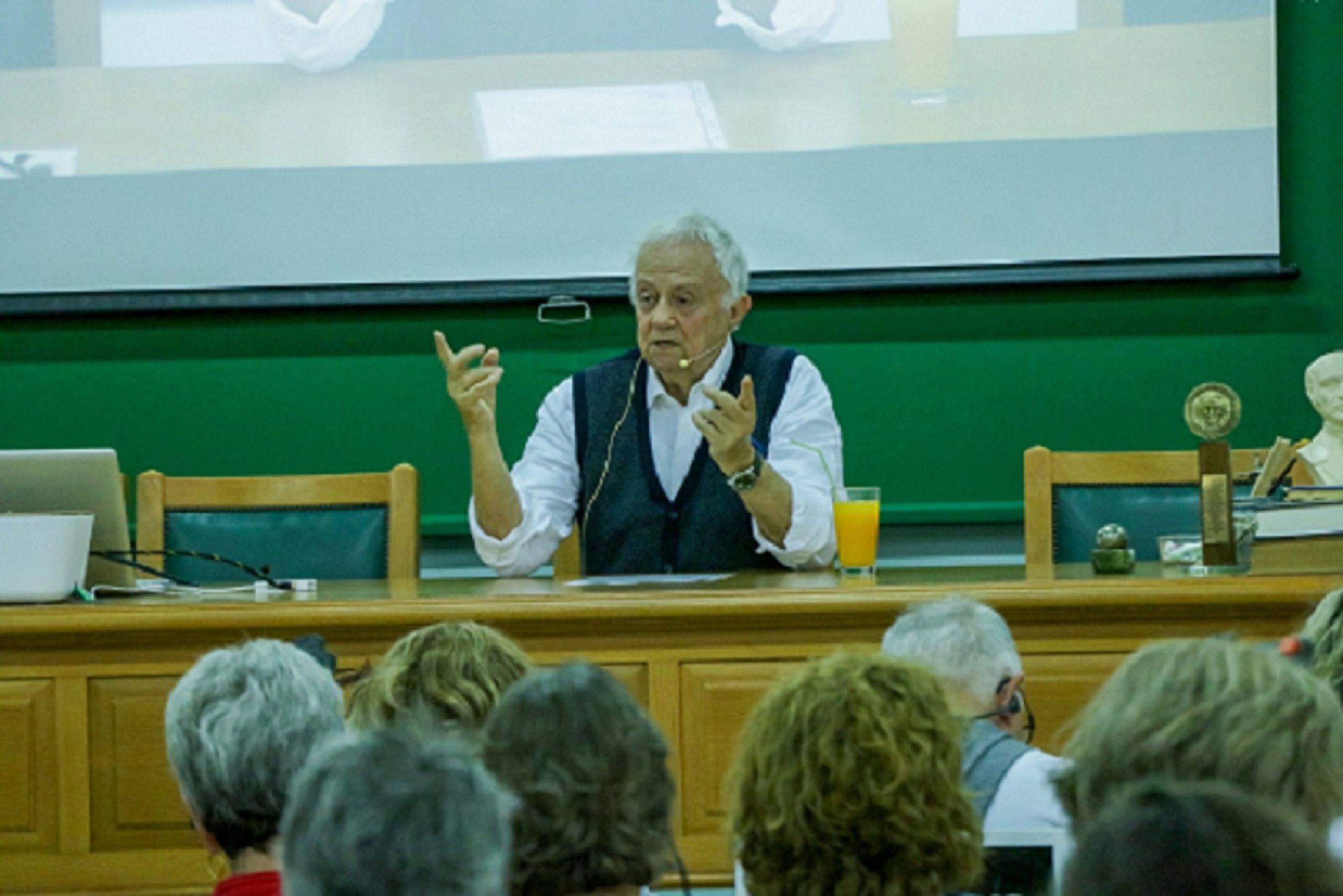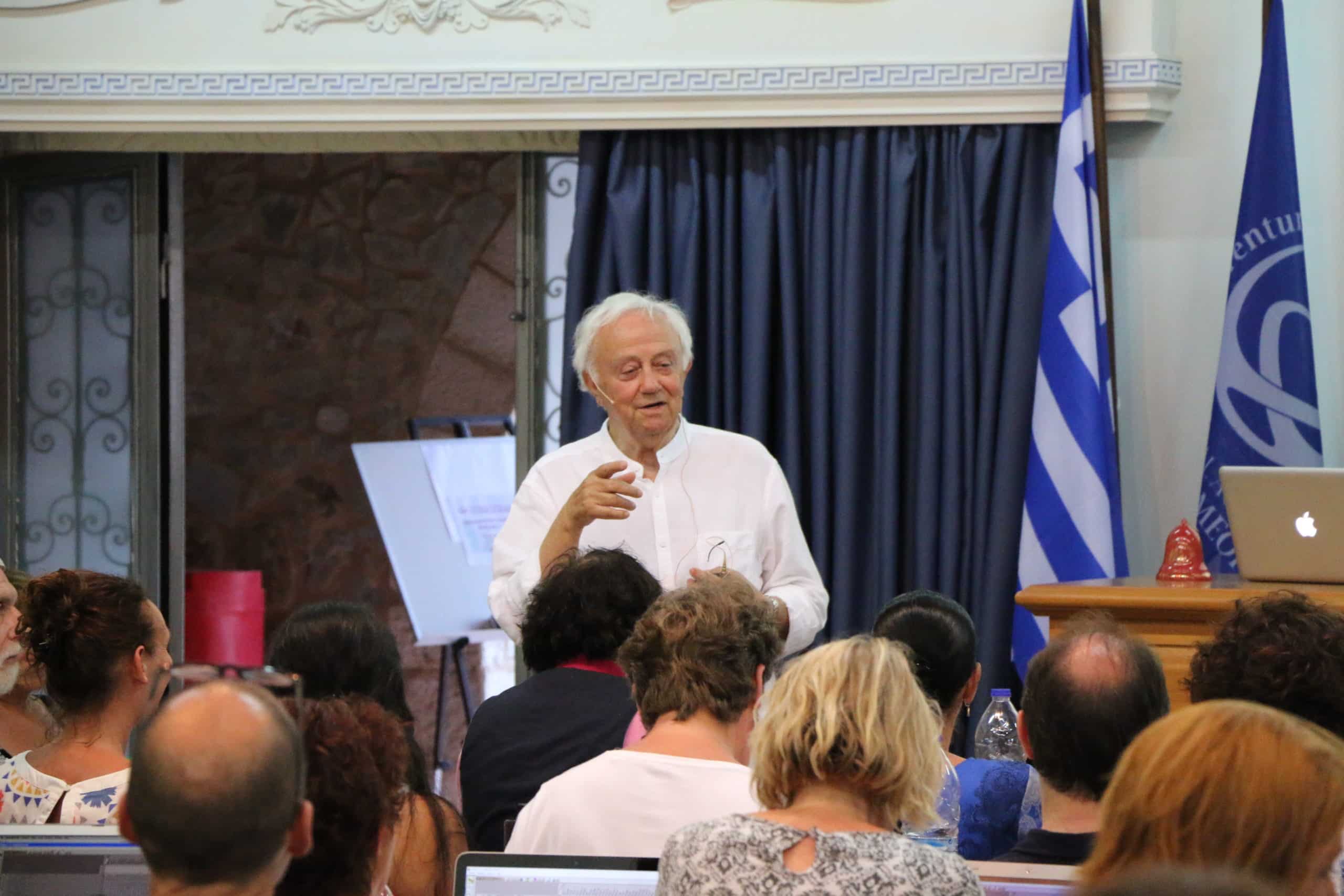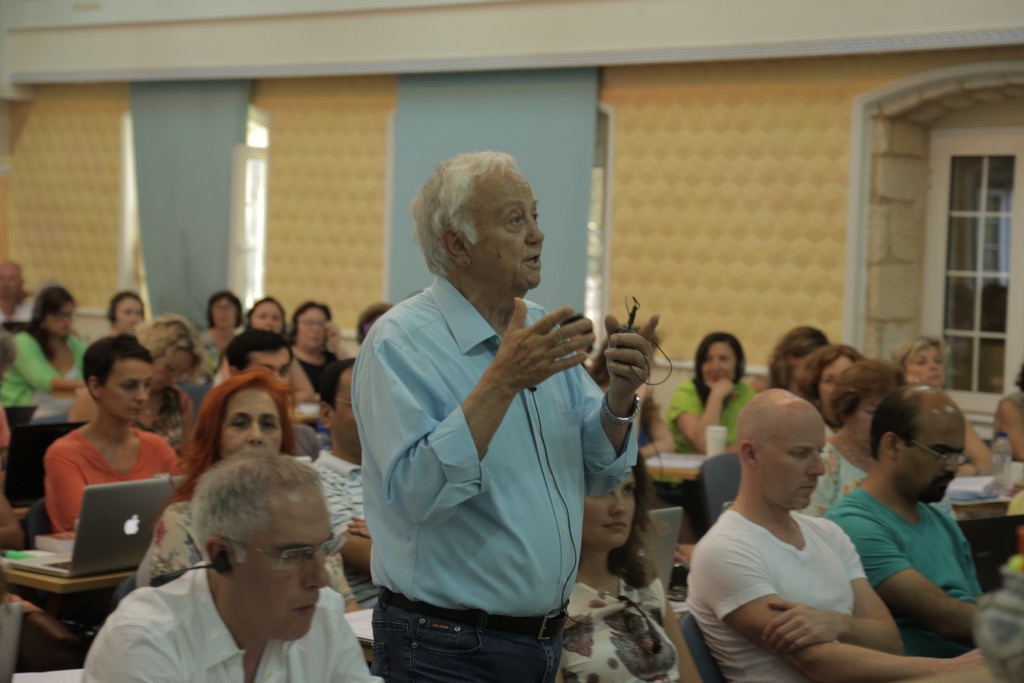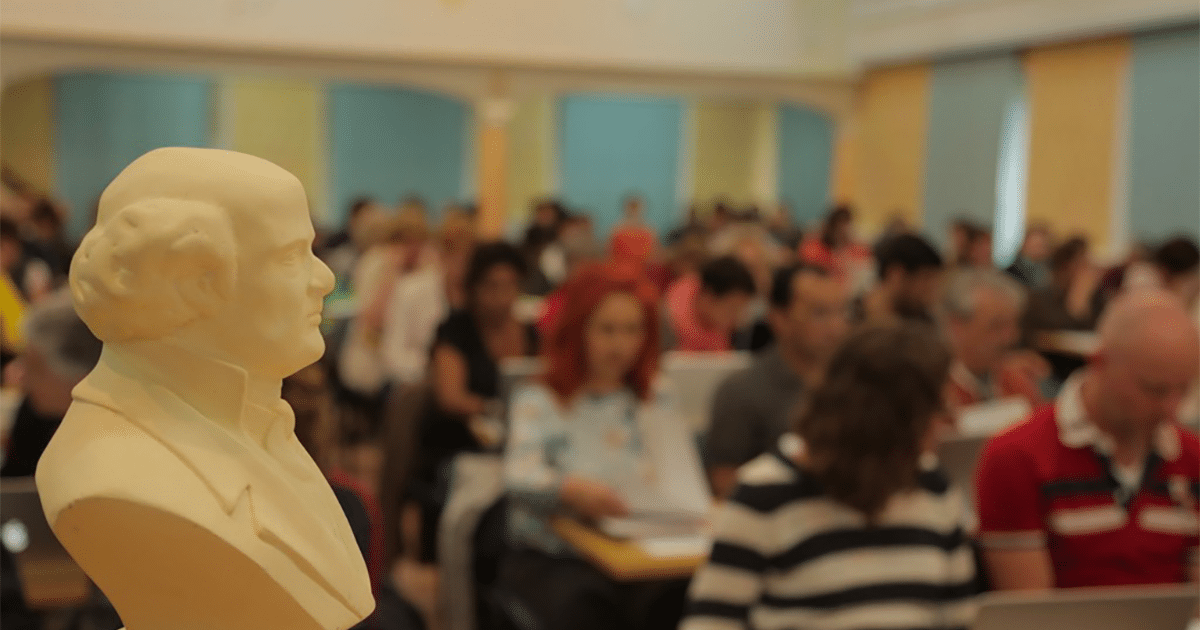While consciousness has been examined extensively in its different aspects, like in philosophy, psychiatry, neurophysiology, neuroplasticity, etc., conscience though it is an equal important aspect of the human existence, which remains an unknown to a great degree as an almost transcendental aspect of the human mind.
Also available in
Conscience and Consciousness: a definition
J Med Life. 2014 Mar 15; 7(1): 104–108.
Vithoulkas G*, Muresanu DF**
*International Academy of Classical Homeopathy, Alonissos, Greece
** “Iuliu Hatieganu” University of Medicine and Pharmacy, Department of Neurosciences, Cluj-Napoca, Romania
Correspondence to: George Vithoulkas, Professor of Homeopathic Medicine
International Academy of Classical Homeopathy, Alonissos, Northern Sporades, 37005, Greece
E-mail: george@vithoulkas.com
Received: October 14th, 2013 – Accepted: January 6th, 2014
Abstract
While consciousness has been examined extensively in its different aspects, like in philosophy, psychiatry, neurophysiology, neuroplasticity, etc., conscience though it is an equal important aspect of the human existence, which remains an unknown to a great degree as an almost transcendental aspect of the human mind. It has not been examined as thoroughly as consciousness and largely remains a “terra incognita” for its neurophysiology, brain topography, etc. Conscience and consciousness are part of a system of information that governs our experience and decision making process. The intent of this paper is to define these terms, to discuss about consciousness from both neurological and quantum physics point of view, the relationship between the dynamics of consciousness and neuroplasticity and to highlight the relationship between conscience, stress and health.
Keywords: consciousness, neuronal correlate of consciousness, neuroplasticity, conscience, free will



